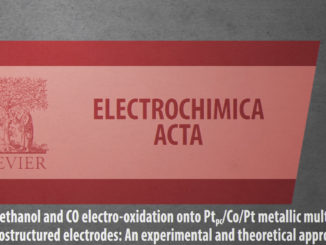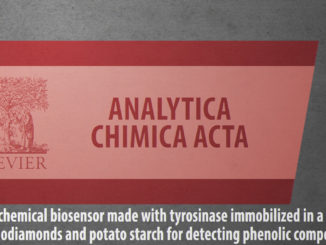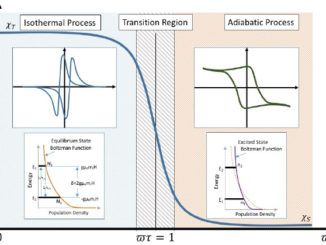
Microwave-assisted hydrothermal synthesis followed by heat treatment: A new route to obtain CaZrO3
Abstract: CaZrO3 nanoparticles were obtained by a new synthesis route: nucleation using the microwave-assisted hydrothermal method (MAH) and crystallization by heat treatment. Structural characterization by X-ray diffraction (XRD) was performed for the synthesized material and after heat treatment at 700, 800, 900, 1000 and 1200 °C. At 800 °C, the lakargite phase crystallization (CaZrO3) starts and portions of the non-stoichiometric calcium-zirconium oxide phase were observed by XRD and Raman spectroscopy. A residual CaCO3 phase was present in the untreated samples. At 1200 °C, the well-crystallized stoichiometric and non-stoichiometric mixed oxide phases of CaZrO3 (crystallites of about 75 nm) were observed, along with particle agglomerates often in the micrometer range. The synthesized material was subjected to differential thermal analysis, which revealed carbonate degradation at approximately 695 °C, resulting in a small loss of mass of 6%. An endothermic reaction at 85 °C was observed for water loss, where there was a considerable amount of energy involved. This result showed the sensitivity to moisture absorption and adsorption processes of the CaZrO3 sample, obtained by the MAH route. UV–Vis spectroscopy showed the characteristic gap energies for the two phases, which were 2.9 (non-stoichiometric) and 4.9 eV (stoichiometric), values smaller than those obtained by usual synthesis routes.
Authors: Wagner D. Macedo Jr., Agda E. Souza, Gleyson T. A. Santos, Silvio R. Teixeira, ElsonLongo.
Ceramics International
Volume 44, Issue 1, January 2018, Pages 953-958
Link: https://www.sciencedirect.com/science/article/pii/S0272884217322198?via%3Dihub
DOI: https://doi.org/10.1016/j.ceramint.2017.10.028
PDF: Microwave assisted hydrothermal synthesis followed by heat treatment_A new route to obtain CaZrO3




